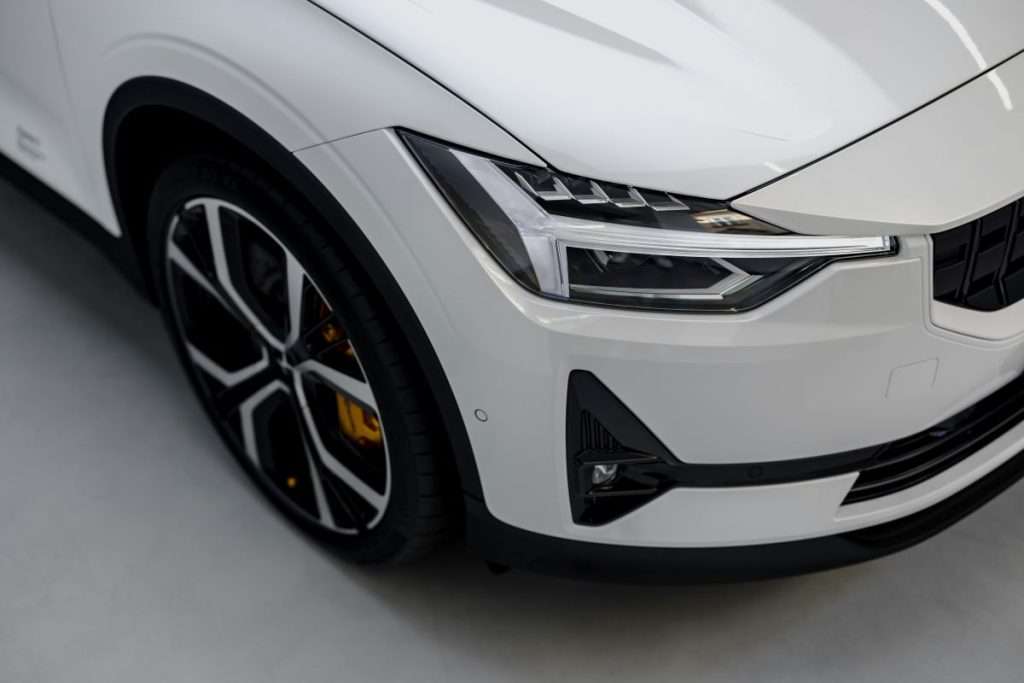In a move to strengthen oversight of automotive supply chains, U.S. regulators have proposed a ban on certain connected vehicle technologies associated with China or Russia. The focus is on technologies that could potentially allow foreign entities to extract sensitive data or remotely operate vehicles, according to a press release from the Department of Commerce’s Bureau of Industry and Security.
Ban Applies to On-Road Vehicles
The proposed rule would apply to on-road vehicles such as cars, trucks, and buses, but would exclude vehicles not used on public roads, such as train rolling stock or agricultural vehicles. The proposal follows the Biden administration’s announcement in February that it would investigate the risks posed by connected vehicle supply chains to national security.
Two Key Technology Categories Under Scrutiny
The proposed rule targets two technology categories: hardware and software related to the vehicle connectivity system, and software involved in the automated driving system. These categories encompass a broad range of components and technologies, including fleet tracking telematics and autonomous vehicle software. However, low-risk technologies like lidar or keyless entry fobs are not included.
Defining Links to China or Russia
The rule further clarifies what constitutes a significant link to China or Russia. This definition applies to products “designed, developed, manufactured, or supplied by persons owned by, controlled by, or subject to the jurisdiction or direction of the [People’s Republic of China] or Russia.”
Timeline for Compliance
Automakers will have several years to adjust their supply chains to avoid components with significant links to China or Russia. The ban on certain software would take effect from the 2027 model year, while the ban on specific hardware imports and sales would begin with the 2030 model year, or as of Jan. 1, 2029, for units without a model year. The agency is also allowing automakers to request exceptions and self-certify their compliance.
Limited Current Presence of Targeted Tech
The proposal acknowledges that there is currently a “relatively limited amount” of hardware and software linked to China or Russia in U.S. vehicles. However, it also recognizes that automakers often lack full visibility into their supply chains. The Department of Commerce aims to proactively address this national security risk before Chinese and Russian suppliers become more prevalent within the U.S. automotive ecosystem.








